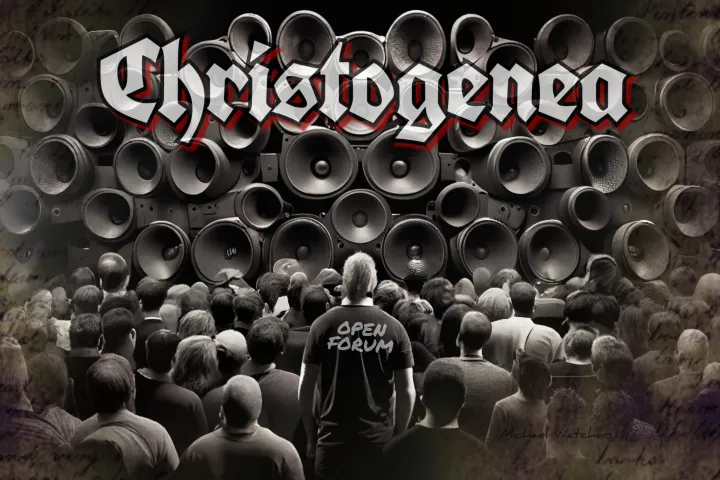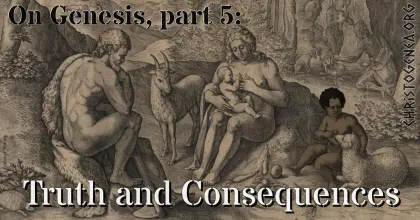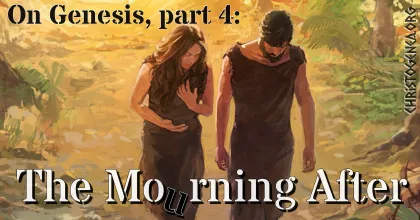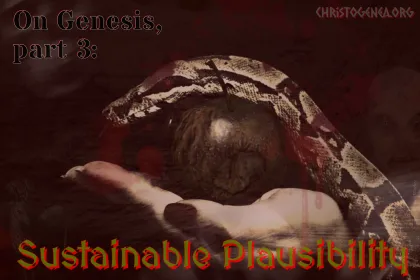New Radio Streams
We are now switching our links to point to our new radio streams! It may take some time to find and change them all... Click HERE for full information concerning our new streams. NOTE: Live podcasts will only play one Stream 1 from this point forward, which will hopefully also improve connection quality.
All of our old streams and the servers which hosted them have all now been disconnected.










 Please click here for our mailing list sign-up page.
Please click here for our mailing list sign-up page.







Recent comments